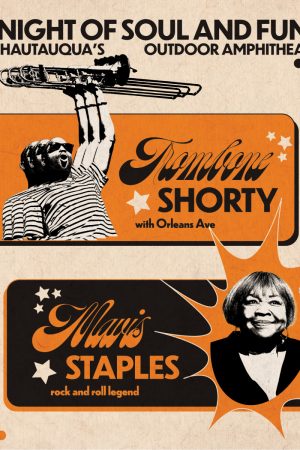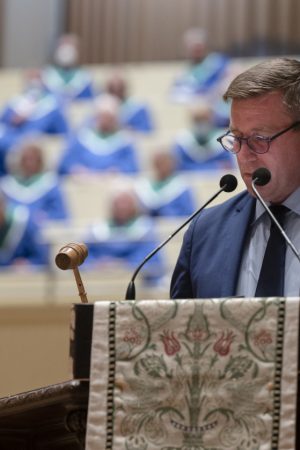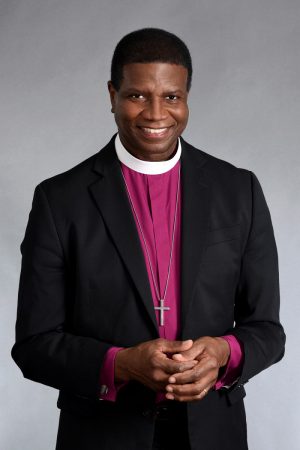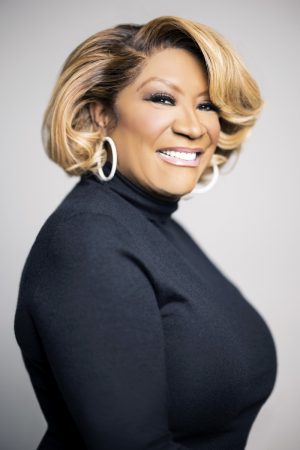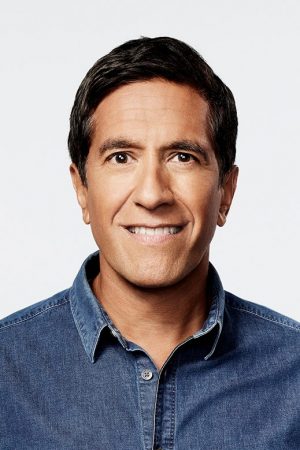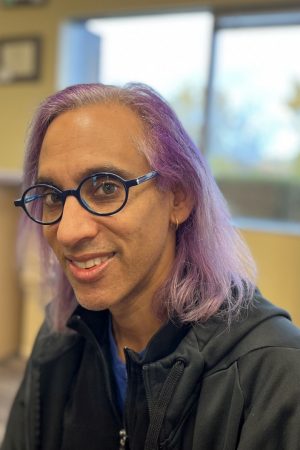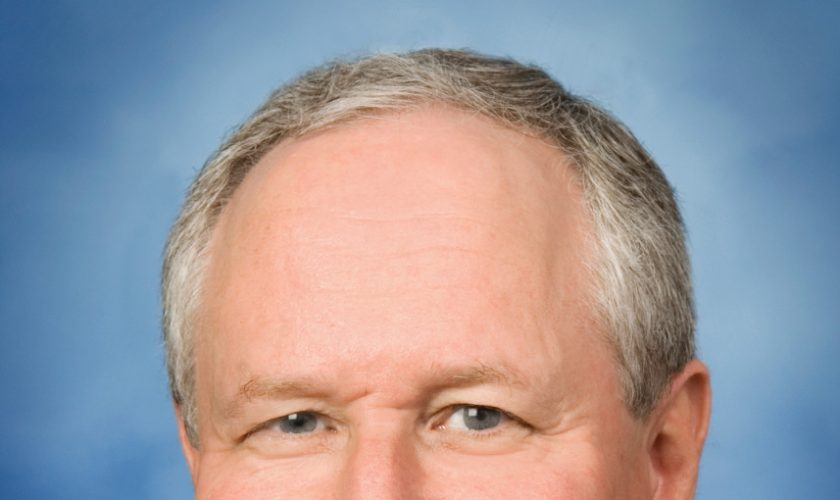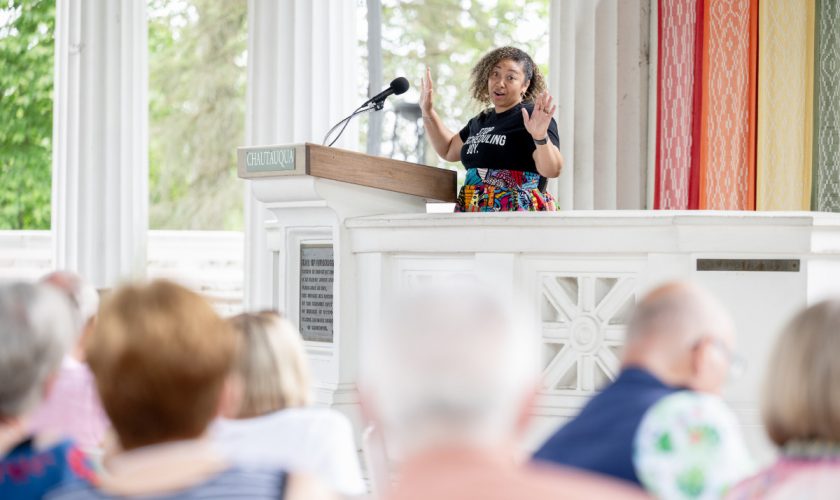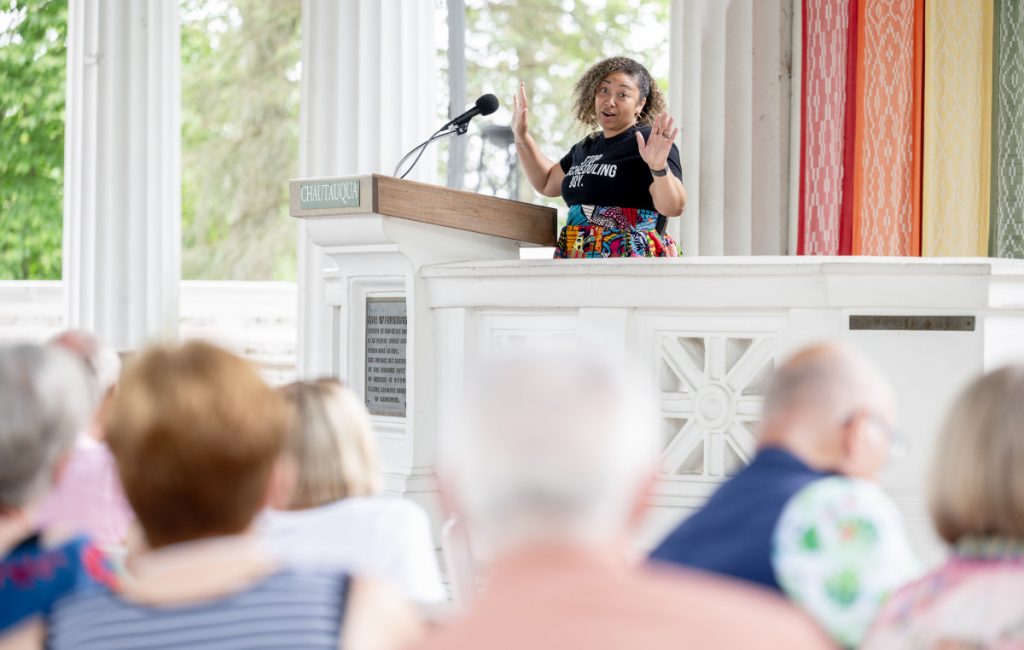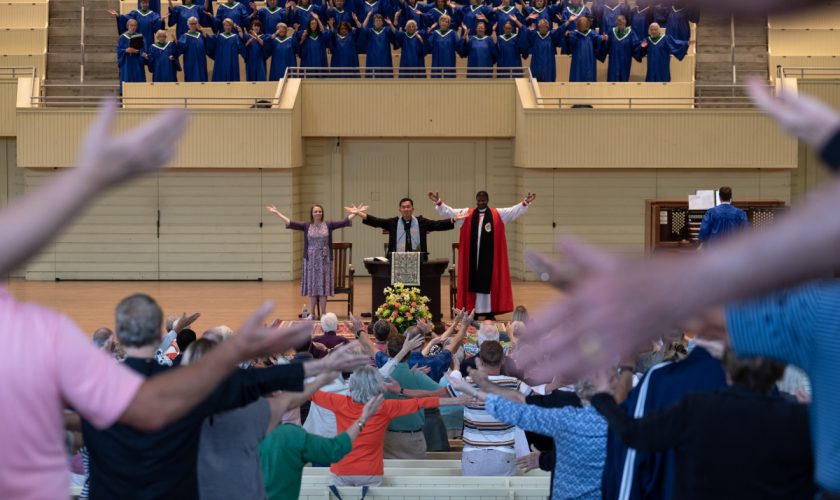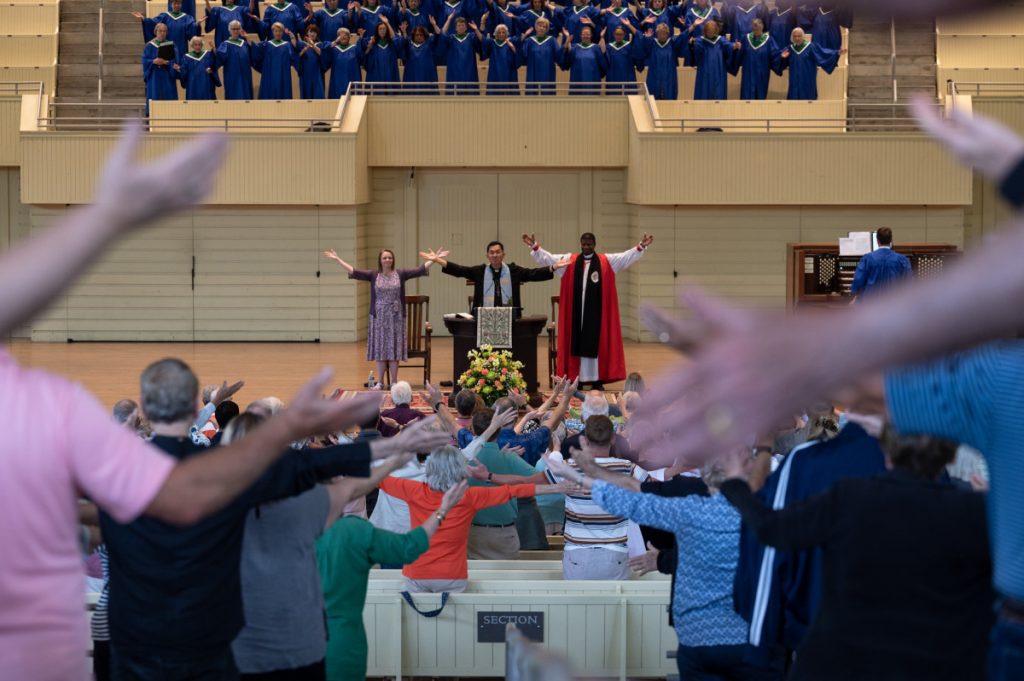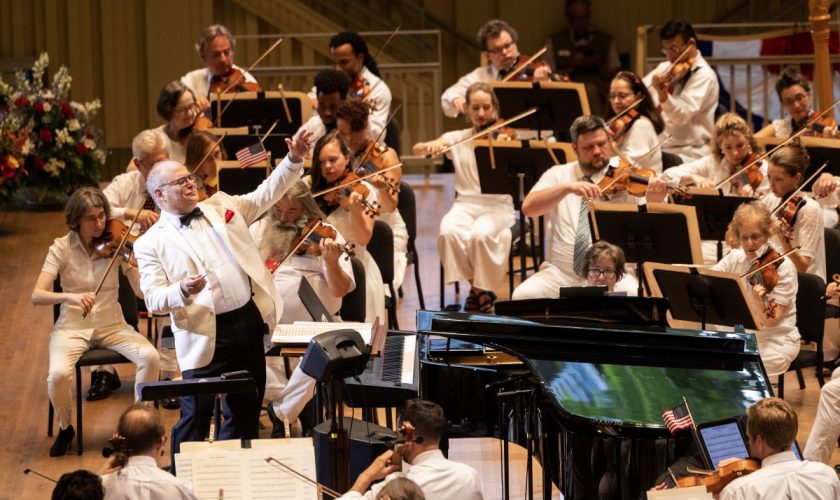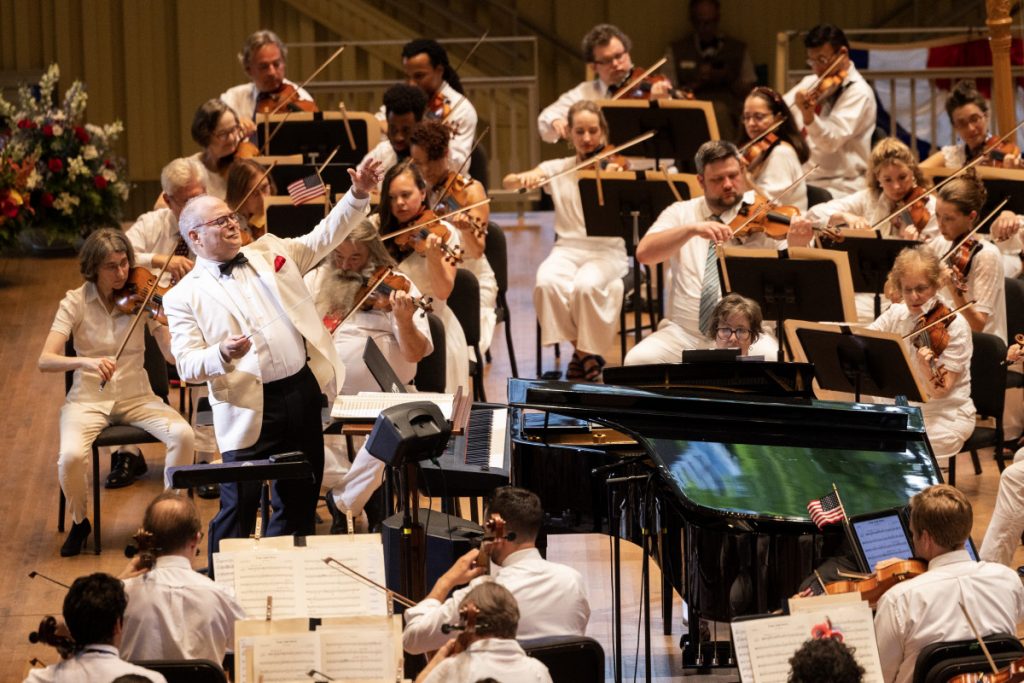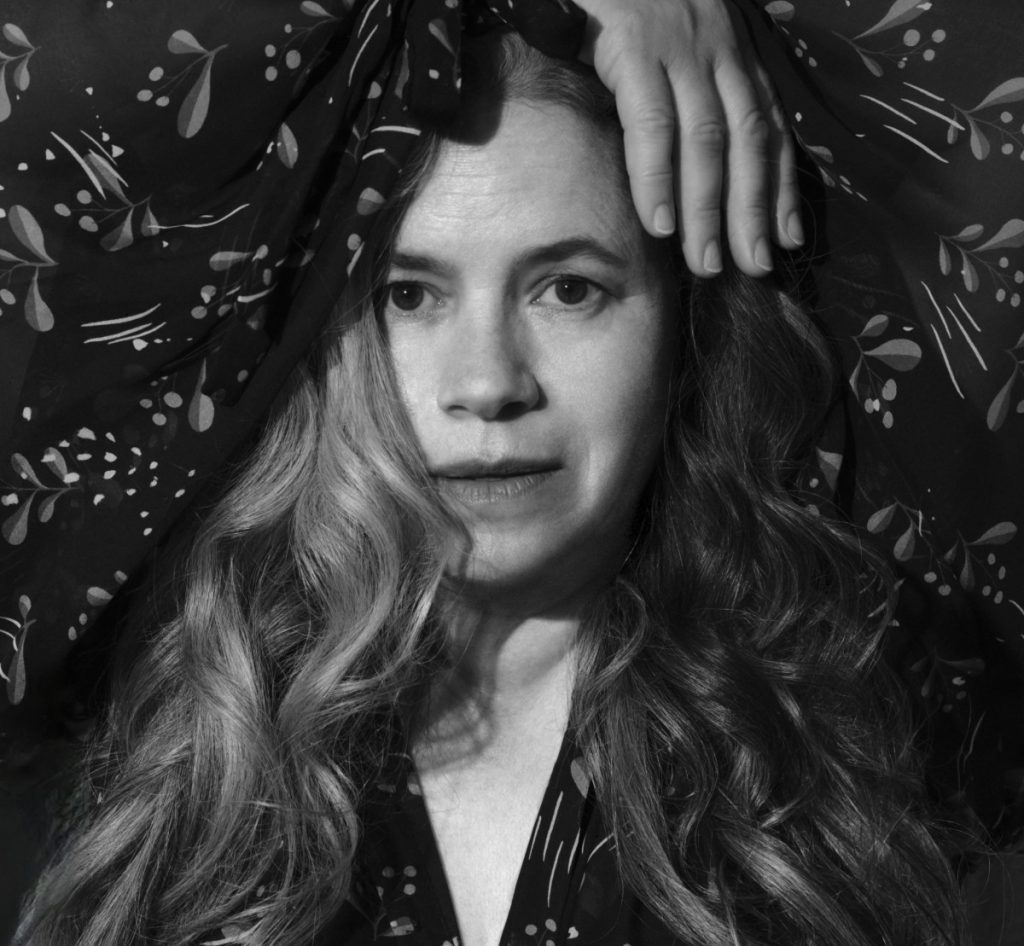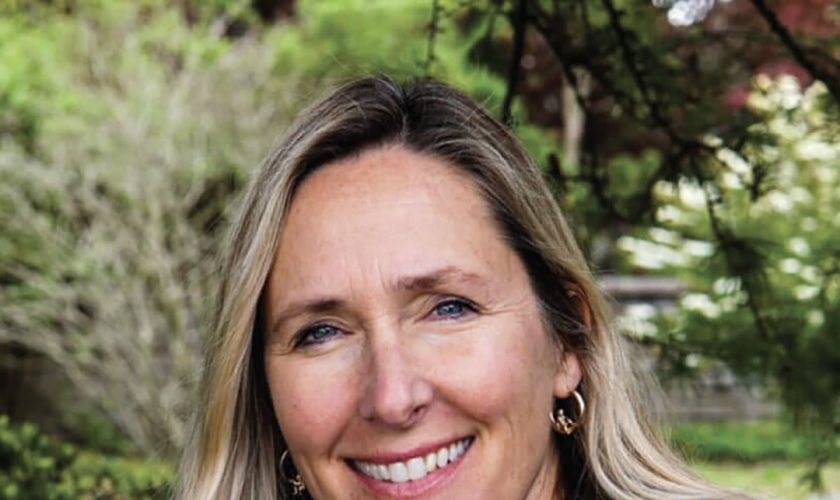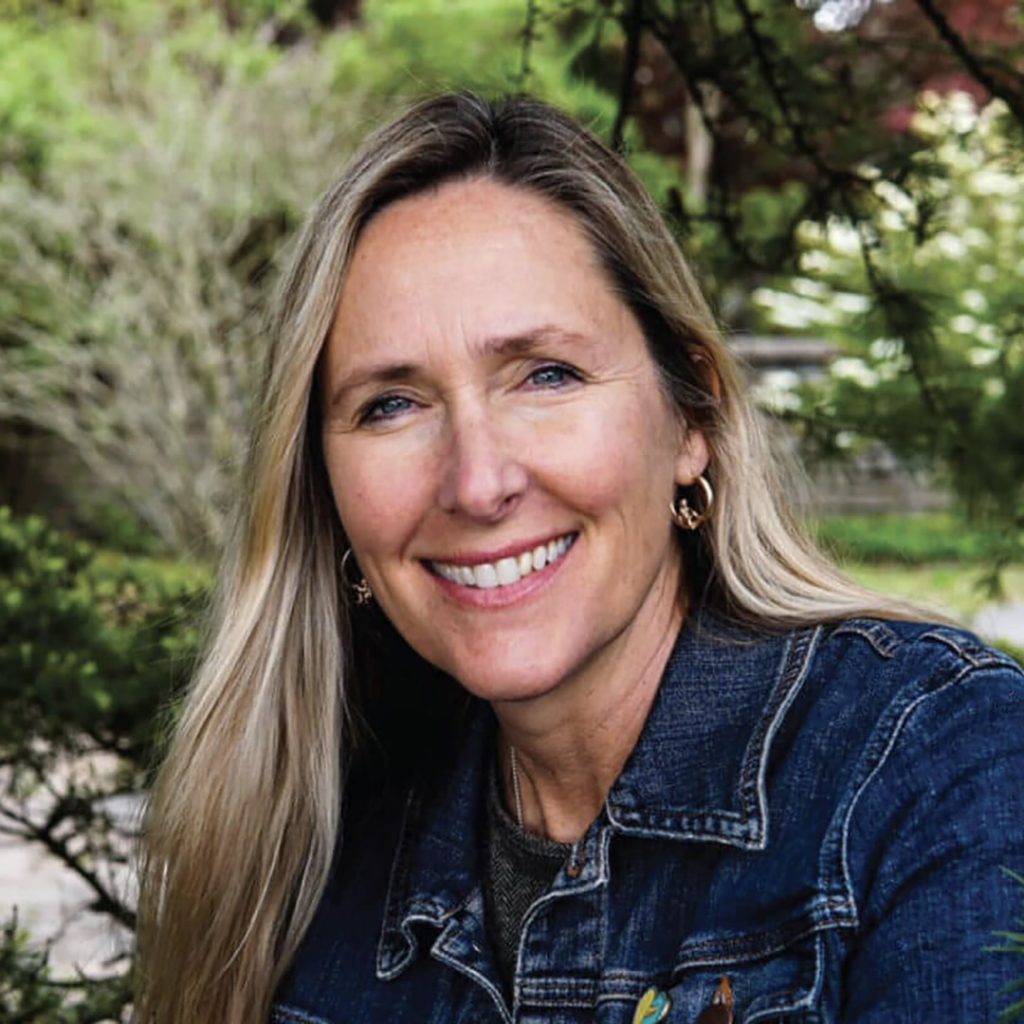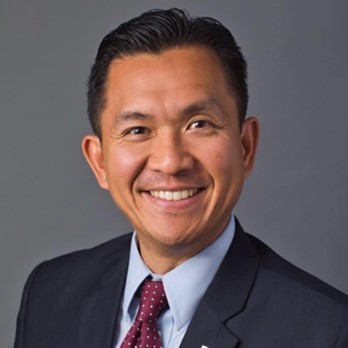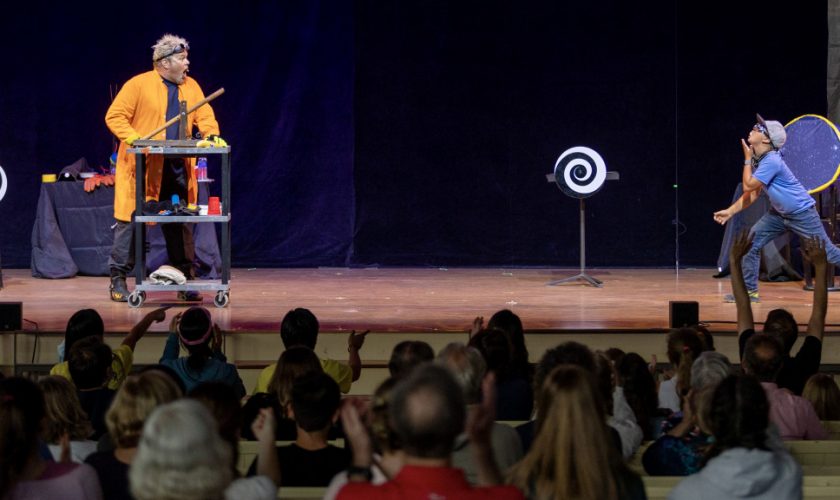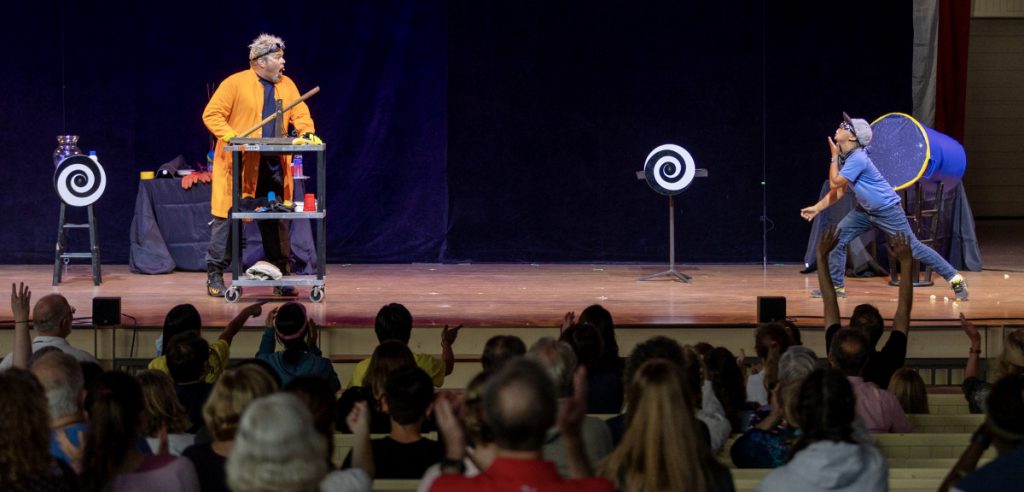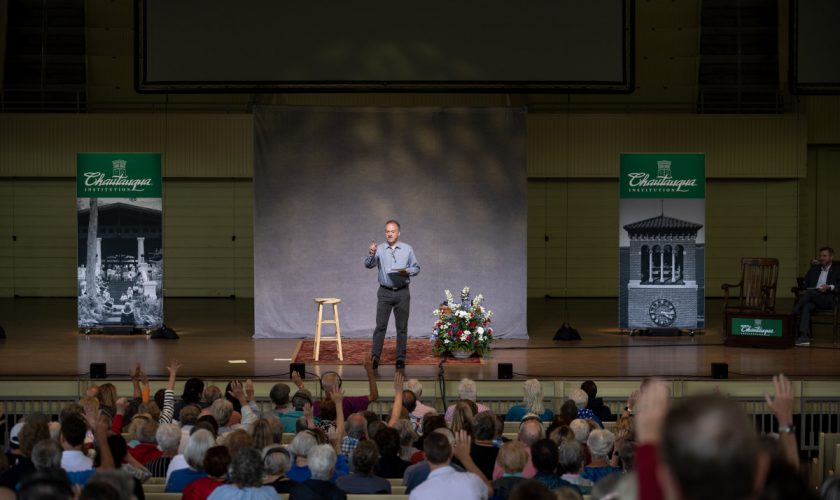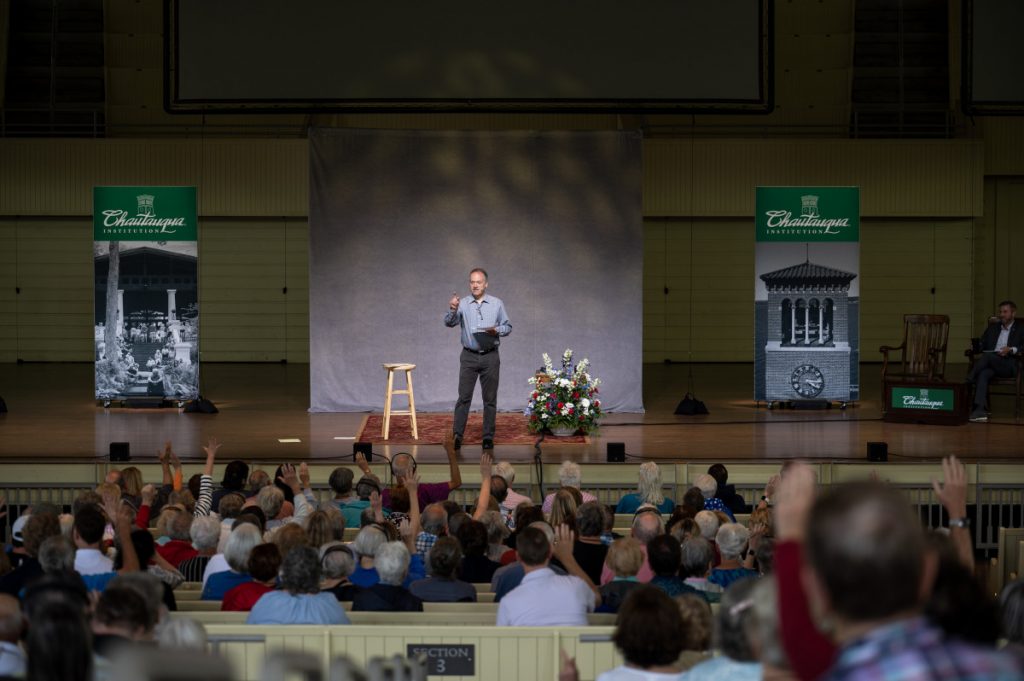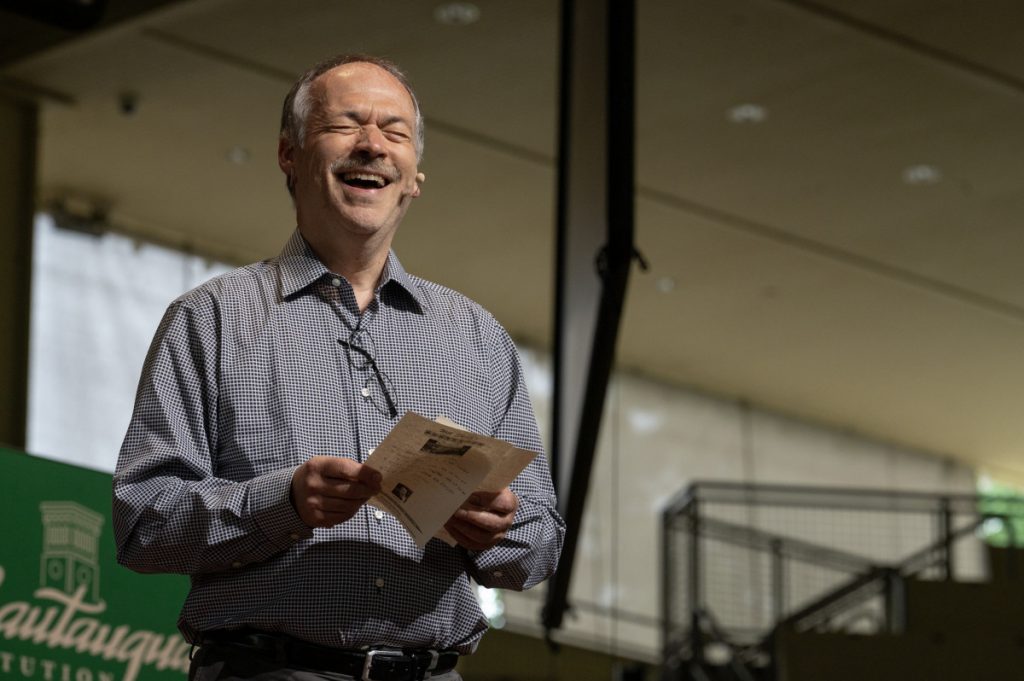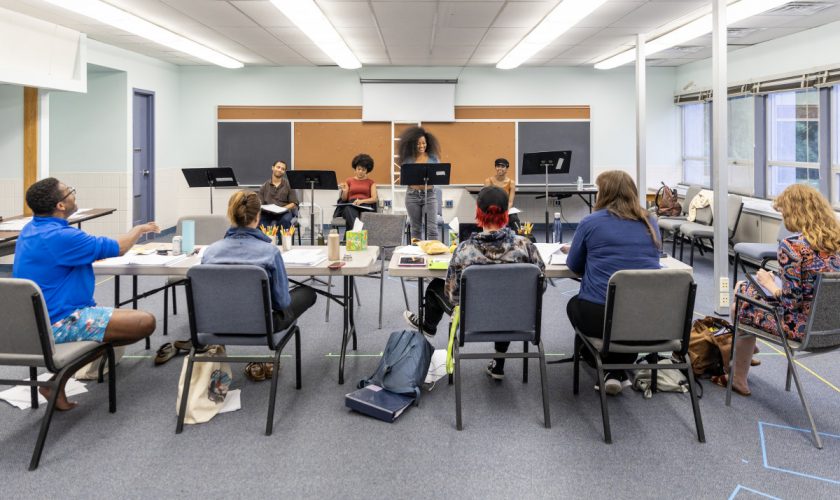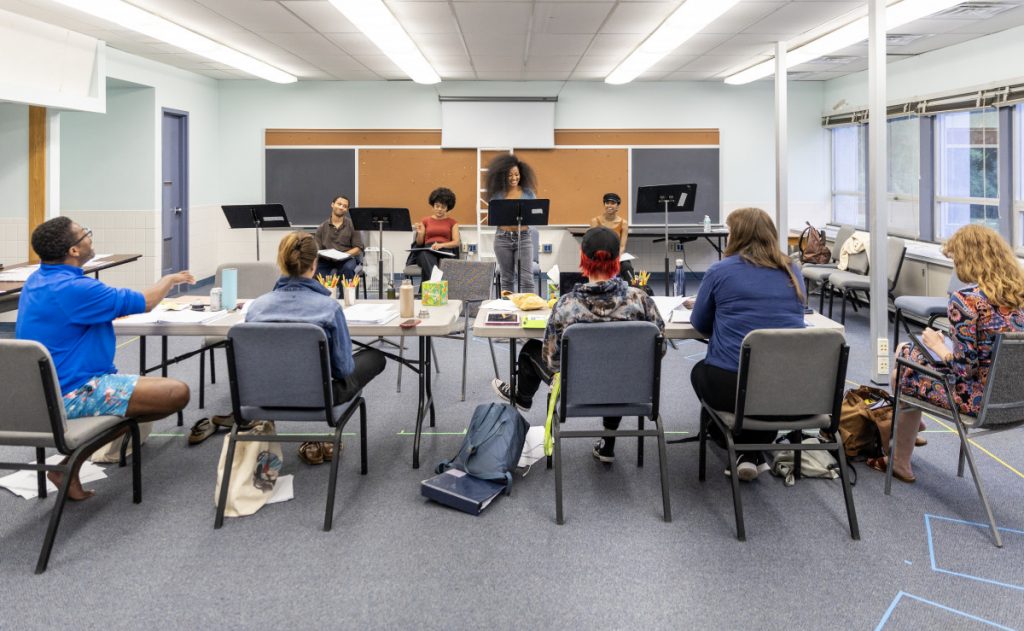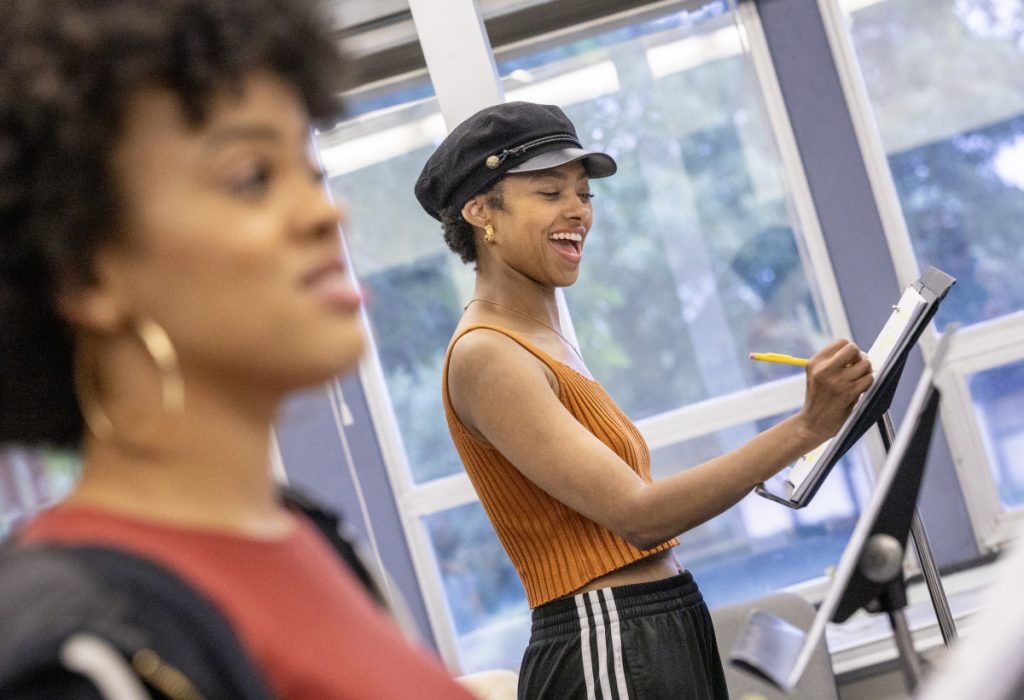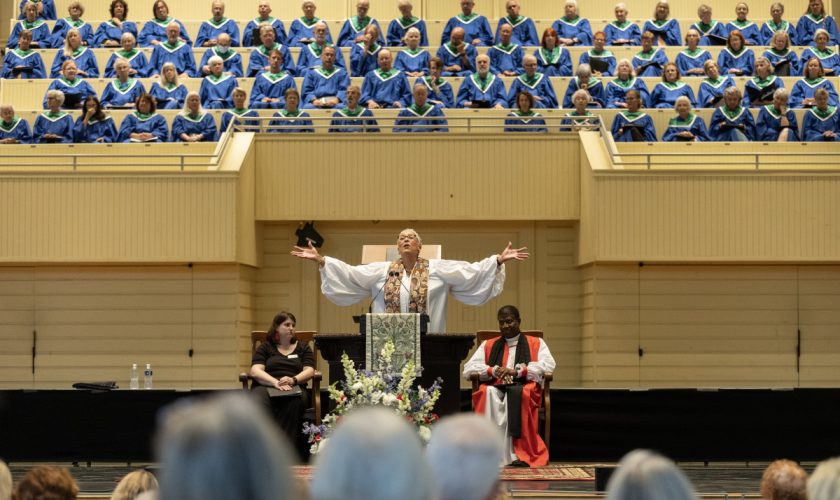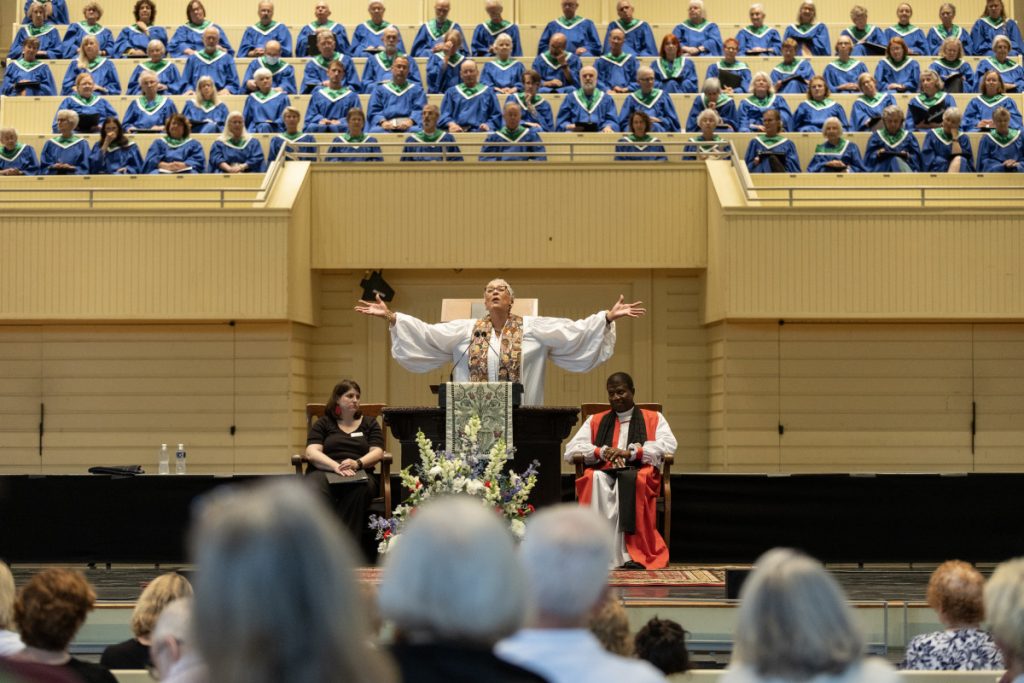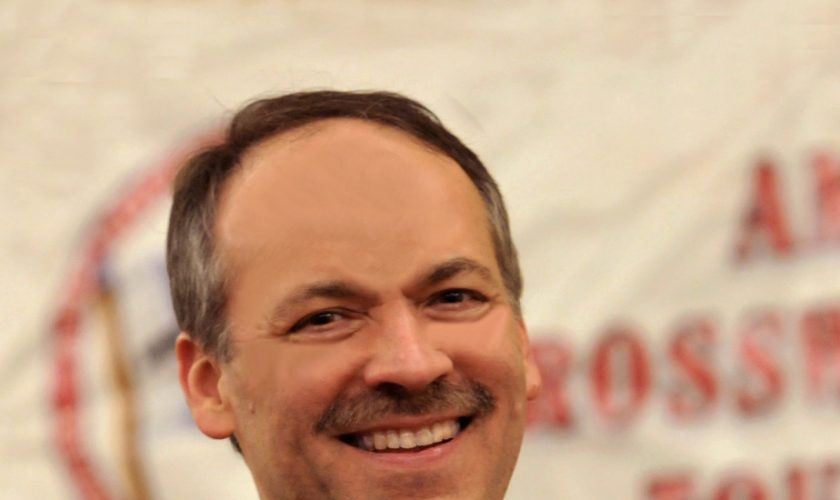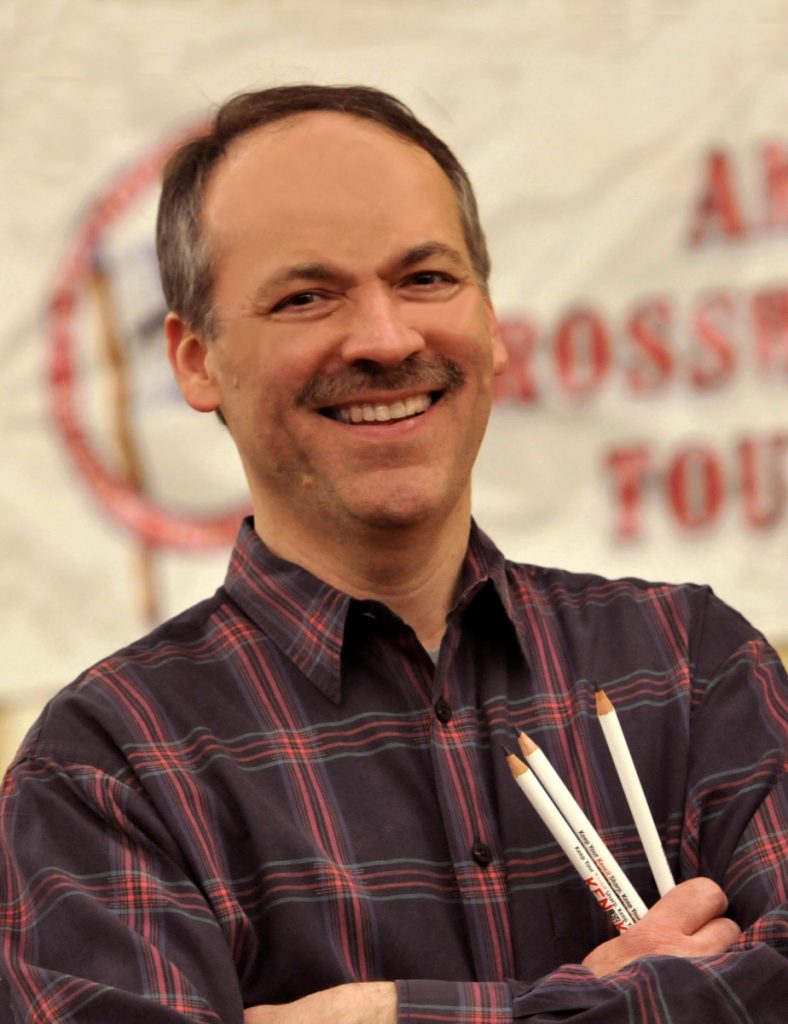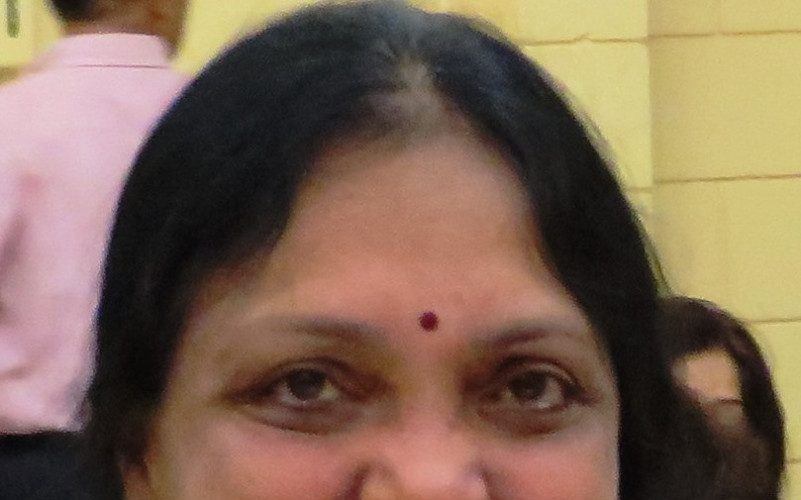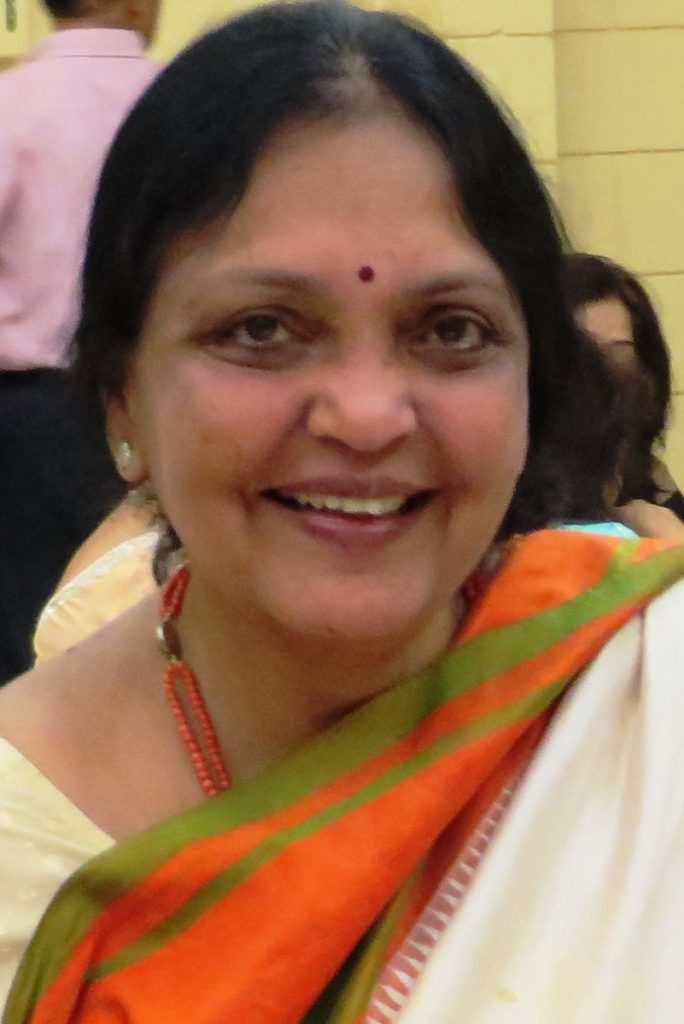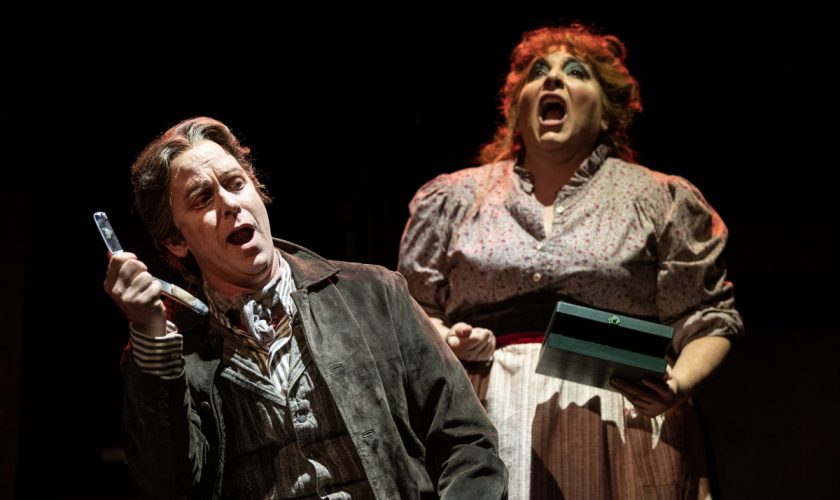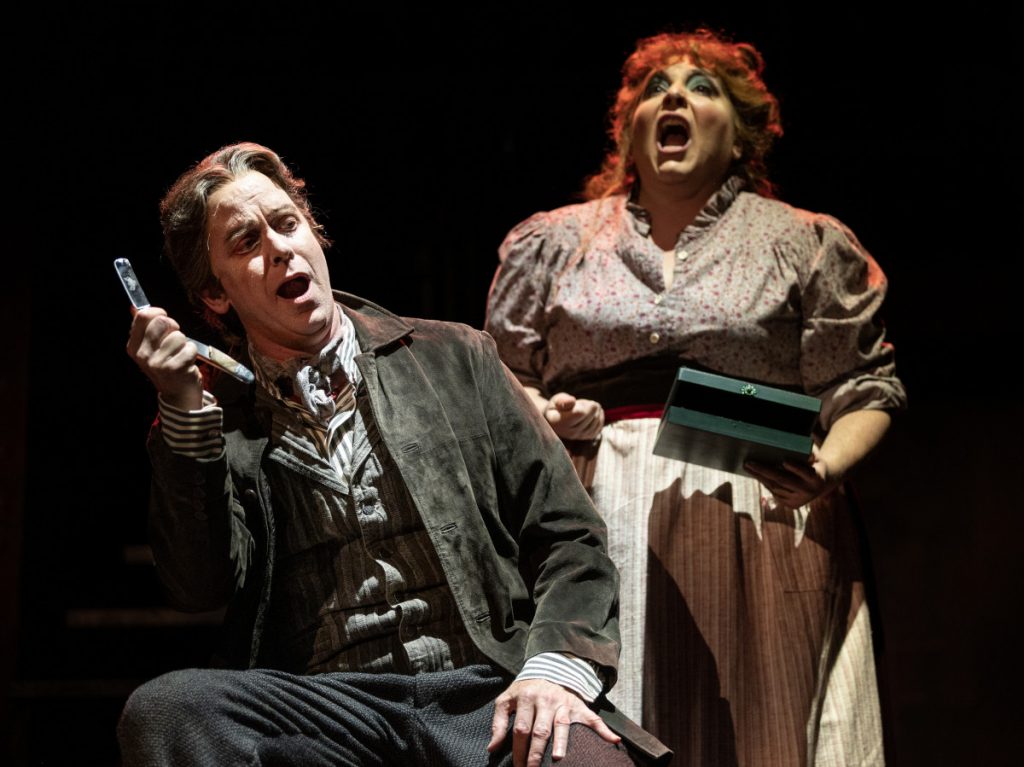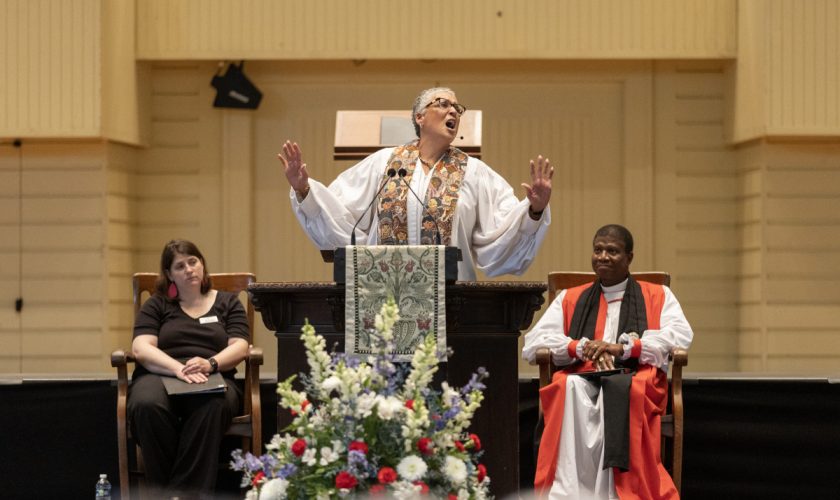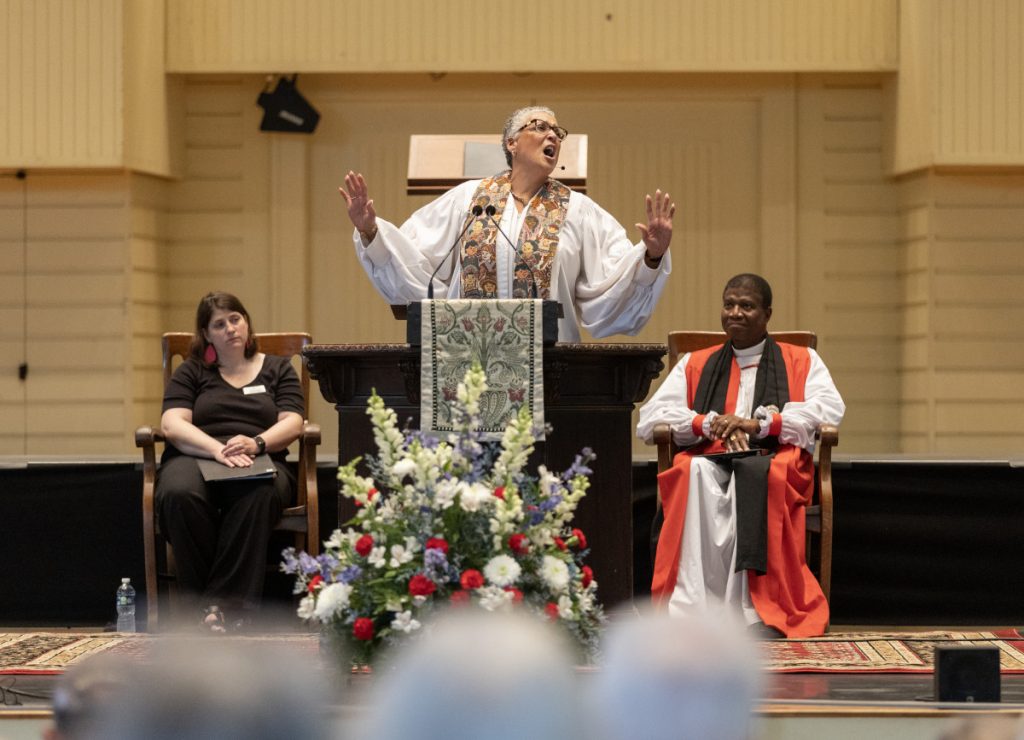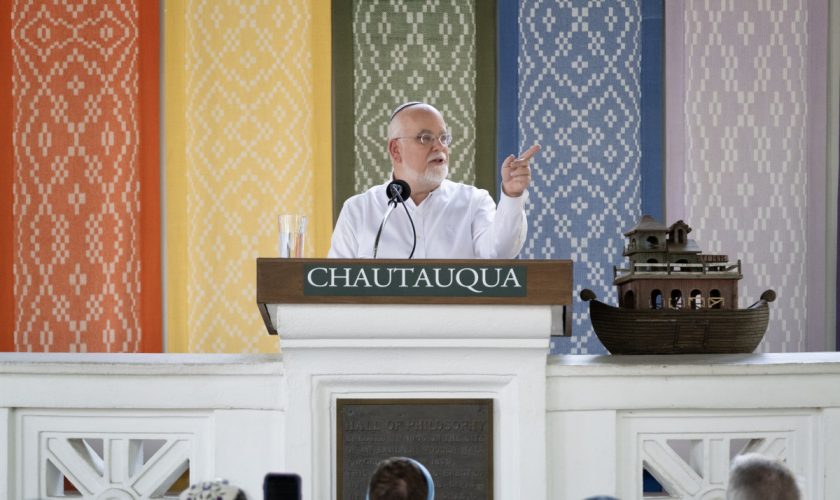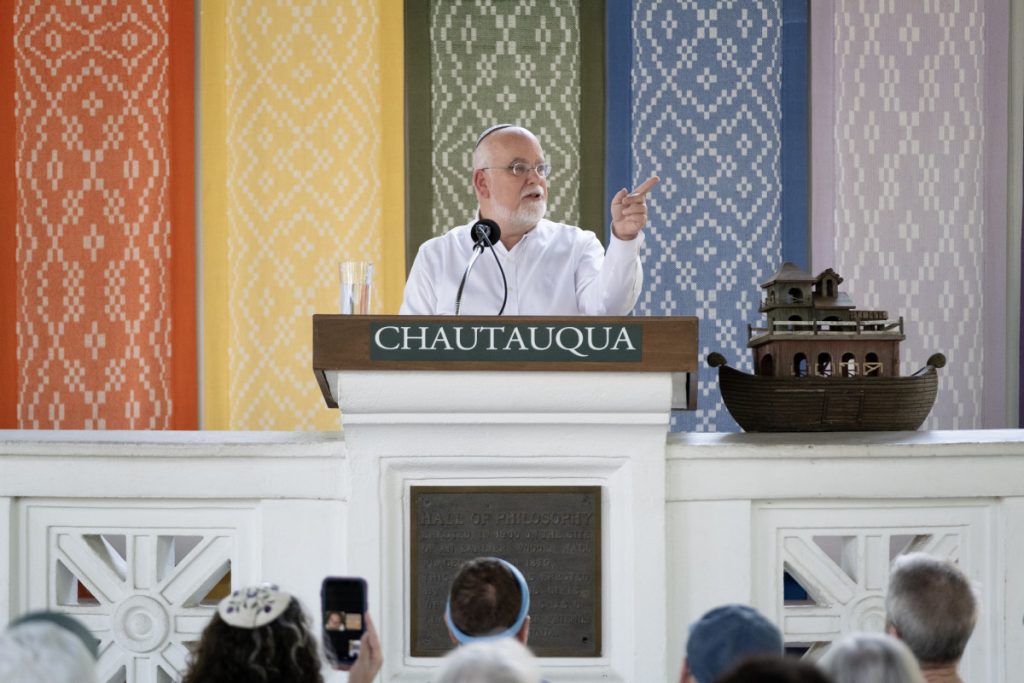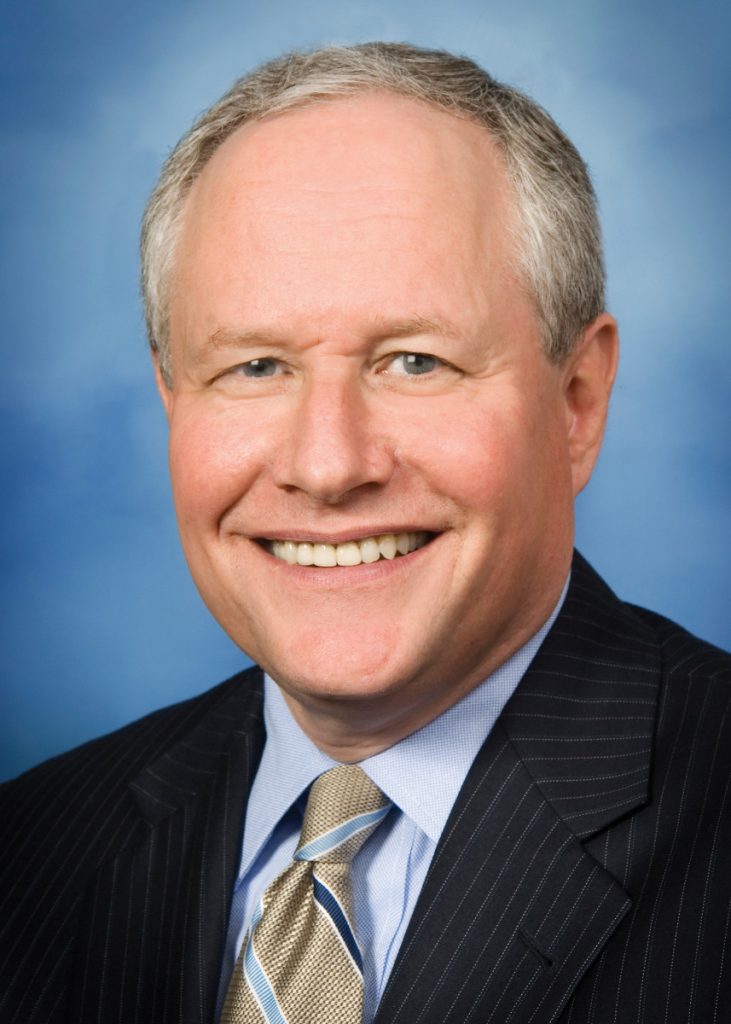
Kaitlyn Finchler
Staff writer
From his perspective working in two presidential cabinets to running a news and opinion website, Bill Kristol believes the center, when it comes to political discourse, is more resilient than people think.
For Week Three’s theme, “Can the Center Hold? — A Question for Our Moment,” Kristol, editor-at-large at The Bulwark, will answer this question and explore its political meanings in his lecture at 10:45 a.m. today in the Amphitheater.
There, he’ll “talk about the ways in which the center has held, more than people might have expected,” he said.
The week’s theme draws its title from a 1920 William Butler Yeats poem, “The Second Coming,” written in a moment when the center wasn’t holding.
“We had a terrible 25 years in Europe (in the ‘20s),” Kristol said. “In a way, you could also argue it did hold for decades in the last half of the 20th century and during the Cold War. … We managed to make progress.”
When there’s no longer a strong political center — which Kristol said Americans are seeing now — there’s a lot of back and forth between Congress and the political parties.
At a meeting in Berlin, Kristol said there was urging from younger Europeans to “count on the U.S. helping Ukraine,” but he said it all depends on the 2024 presidential election.
“When you have real polarization, it’s very hard to have a consistent foreign policy for more than four years,” he said.
Political polarization is even worse with domestic policy, he said. People often stick with their party regardless of ramifications.
“We’re seeing in our politics, in real time, not just normal partisanship … it’s really much worse,” Kristol said. “The real tribalism (is) where you excuse everything on your side and attack everything on the other side.”
Kristol had his own “falling out” with the Republican Party when he opposed Donald Trump’s nomination for president in 2016.
“The reasons I feared and disliked him were the reasons that came to light as he was president,” he said. “Afterwards, on Jan. 6, I think this is one of the cases where I don’t regret my decision at all.”
People who were skeptical of Kristol’s criticism before Trump’s presidency are now under the “degree of damage” with Trump and his followers’ “toxic populism.”
“The character of our politics today — which already had problems — had been made much worse by Trump as the nominee,” he said.
While the Republican Party isn’t entirely “pro-Trump,” Kristol said the party wasn’t willing to challenge Trump.
“They won’t call him out when he’s breaking the law,” he said. “That’s not a very healthy party.”
Having worked in politics most of his life, Kristol said knowing the “contingency of things” helped him in his journalism career.
“It’s harder to make the right political decision sometimes,” he said. “(The Russian invasion of Ukraine) was a complicated decision. I think being in politics gave me a sense of the complexity of political choices.”
In his capacity as a journalist, Kristol said he gained experience in “influential, intelligent commentary” editing The Bulwark.
“My influence in government, I hope, (helps readers understand) the sense of the difficulty of making these choices in politics and government,” he said. “Not just saying, ‘Oh, that (choice) was foolish.’ ”

